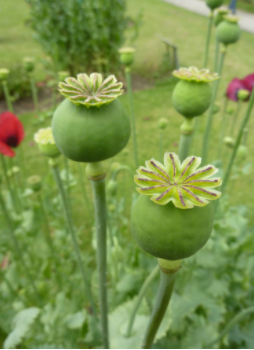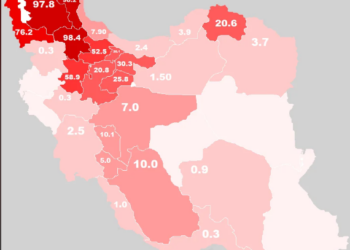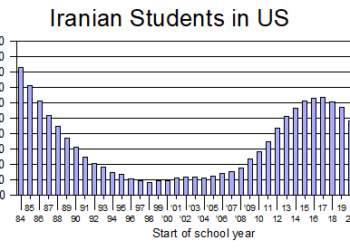September 3, 2021

Right after the Taliban rolled over Afghanistan, the Iranian government announced it was opening three camps along the border to give housing to Afghans fleeing for their lives. But one week later, Iran declared the border closed and said Afghans would not be allowed to enter Iran.
Hossain Qassemi, the director of border affairs at the Interior Ministry, said border guards had been ordered as of August 18 to turn away all Afghans seeking to enter Iran. He said the reason had to do a lot with the coronavirus epidemic.
But many think a greater concern is Iranian hostility to Afghans. Polls show large numbers of Iranians see Afghans chiefly as thieves and criminals while others are mainly concerned that desperate Afghans will take away their jobs by working for a pittance.
A recent survey just in Tehran found that 43 percent of Tehranis felt that Afghans should be banned from living in the capital, with the attitude more prevalent the farther south the pollsters went in the city. Astoundingly, 40 percent of the capital’s residents felt that Afghans should be sent to segregated schools, IranWire reported, and kept away from Iranians.
The UN High Commissioner for Refugees announced September 3 that the number of Afghans trying to leave the country for either Iran or Pakistan was “small,” though it gave no nunbers.
Iran has now closed three of its consulates in Afghanistan those at Mazar-i Sharia, Jalalabad and Qandahar. All that remains open is the consulate in Herat and the embassy in Kabul, and the staff has been reduced at both of those missions.
However, after briefly closing its three border crossing points, the Islamic Republic has shouted to the rooftops that trade is unrestricted and trucks carrying goods are free to pass.
The Islamic Republic has said next-to-nothing about the Taliban since its takeover. Iran doesn’t seem to have any idea how to deal with the Taliban.
In the 1990s, when the Taliban previously ruled Afghanistan, the Islamic Republic could barely contain its hatred for the group, primarily because it was virulently anti-Shia and grossly mistreated the Hazara minority group, which is Shia. The Taliban felt similarly about Iran because it views Shiism as a heresy.
Over the last two decades, the Taliban have moderated their public comments about Shiism although its members do not seem to have changed attitudes and Afghan Shias continue to report mistreatment. The change at the top has come about because Iran began providing a limited amount of arms and other supplies to the Taliban seemingly enough to help the Taliban harass the Americans but not enough to help the Taliban take over or so the Islamic Republic thought.
In April, the Pentagon issued a report saying Iran “calibrated support to the Taliban” while keeping good relations with the Afghan government.
Iran has always been irate over the volume of drugs that come into Iran from Afghanistan. For the past two decades, the Islamic Republic has blamed the United States for not stopping that flow; in fact, Tehran has even accused the Americans of promoting the flow of narcotics into Iran.
After taking power, the Taliban said all cultivation of the poppy should cease. But it remains to be seen if that is a policy they will enforce or just a proclamation to make the Taliban look better in the eyes of the world.


















